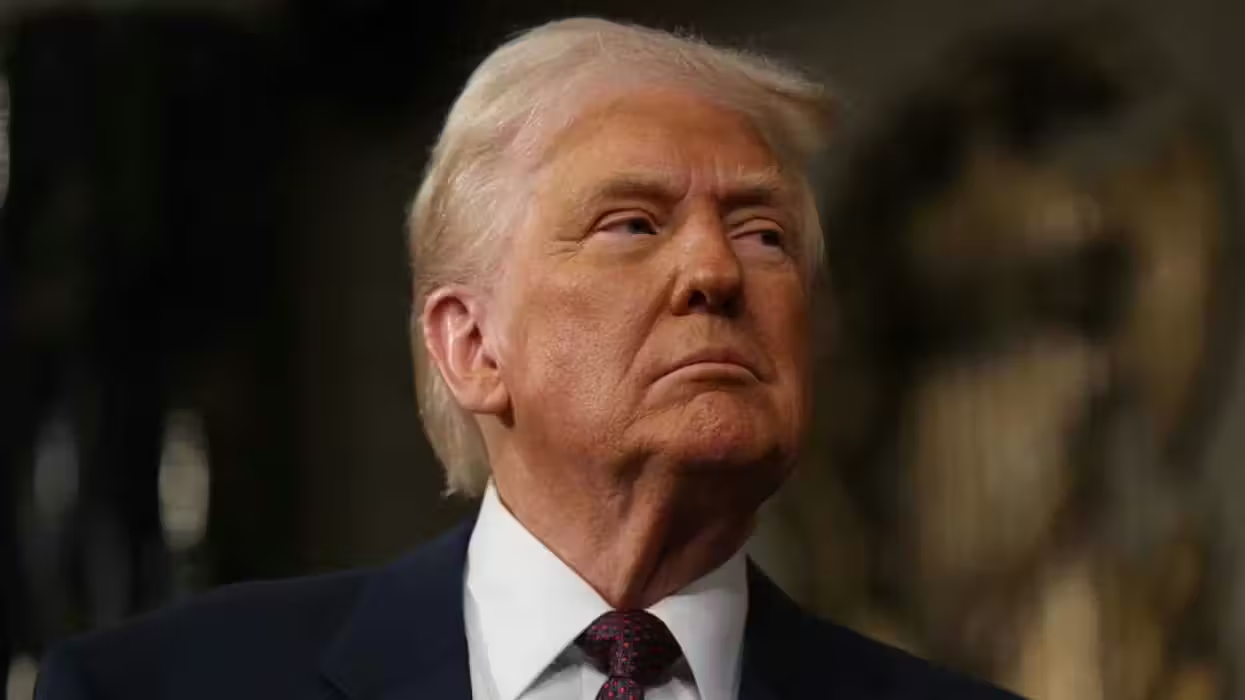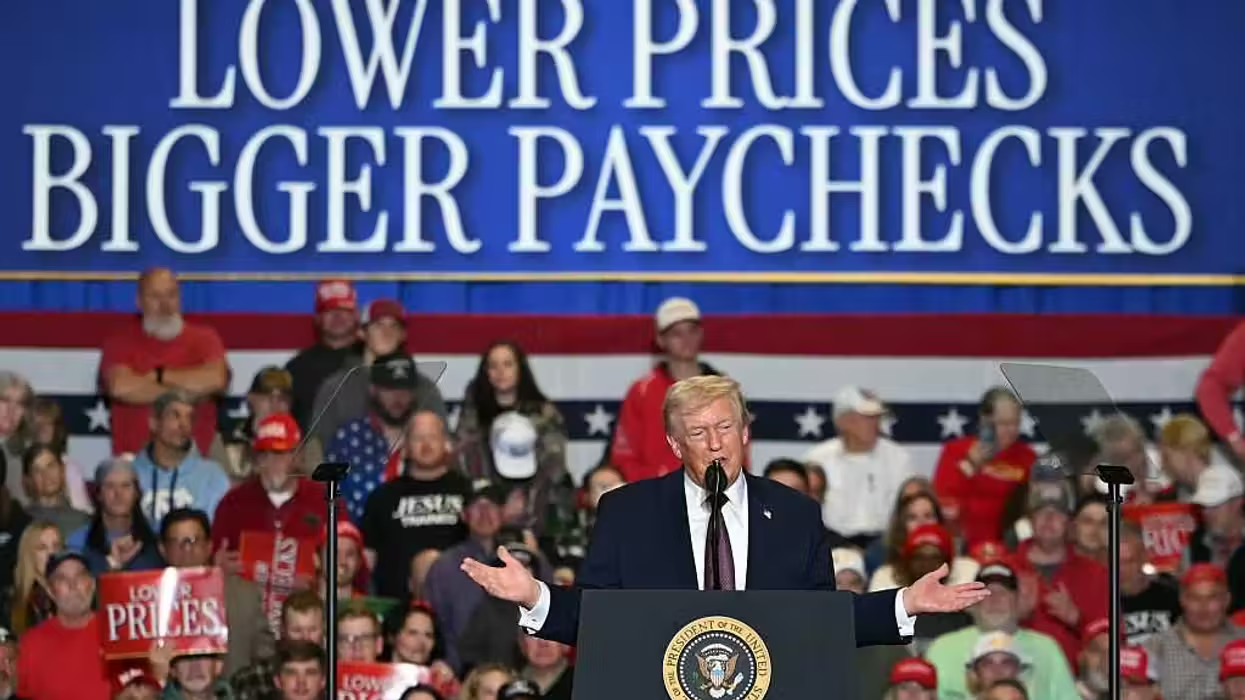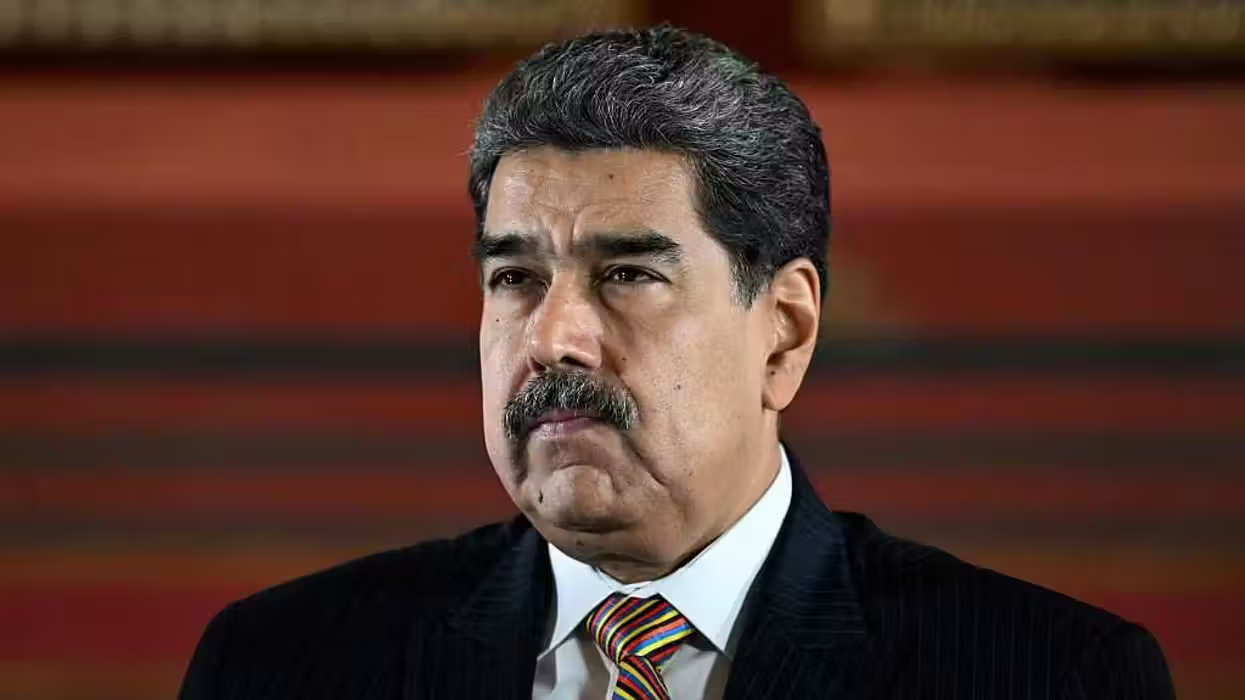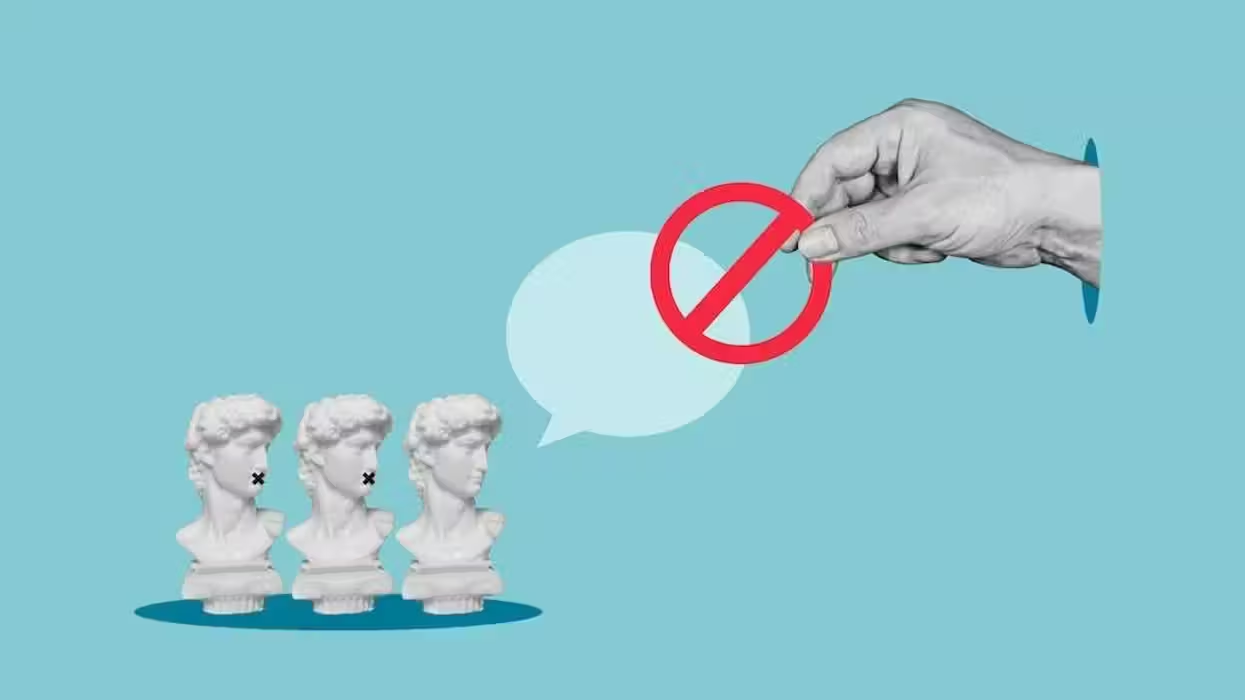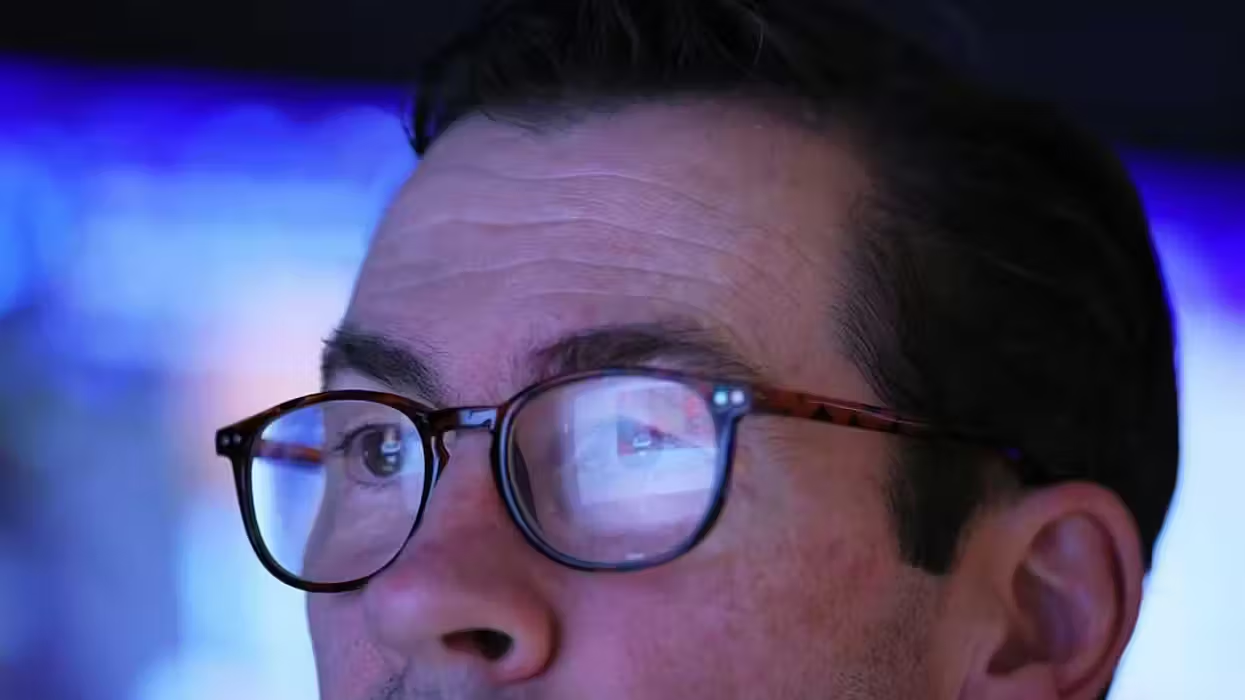 Vice President Joe Biden speaks at the closing of the National Conference on Mental Health in the South Court Auditorium in the White House complex in Washington, Monday, June 3, 2013. The conference is part of the Administration s effort to launch a national conversation to increase understanding and awareness of mental health. Credit: AP
Vice President Joe Biden speaks at the closing of the National Conference on Mental Health in the South Court Auditorium in the White House complex in Washington, Monday, June 3, 2013. The conference is part of the Administration s effort to launch a national conversation to increase understanding and awareness of mental health. Credit: AP
In 2006, then-Sen. Joe Biden (D-Del.) blasted the Bush administration's domestic spying and called for a congressional investigation into the warrantless collection of millions of Americans' phone records.
"I don’t have to listen to your phone calls to know what you’re doing. If I know every single phone call you made, I’m able to determine every single person you talked to. I can get a pattern about your life that is very, very intrusive," he told CBS News.
Footage of the 2006 interview was also aired on network news Tuesday.
Watch the clip via Center for Democracy & Technology:
But that was then. Vice President Biden has yet to issue a similar critique of the National Security Agency's (NSA) gigantic surveillance efforts under the Obama administration. However, his comments from 2006 seem to apply perfectly to the predicament privacy advocates find themselves in today.
In one of the NSA's spying programs revealed by whistelblower Edward Snowden, the government sweeps up the phone records of millions of Americans every day and stores them in a digital library. That program was authorized by the USA Patriot Act, passed shortly after 9/11.
The second, called PRISM, taps into major U.S. technology companies and monitors emails in the search for foreign terrorists. That program was authorized by 2007 and 2008 laws that allow the government to monitor, without specific warrants, emails believed to belong to foreigners.
Obama and other administration officials argue the programs do not allow officials to "listen" to Americans' phone calls.
However, critics of the domestic surveillance programs have made the same argument Biden did in 2006: "I don’t have to listen to your phone calls to know what you’re doing."
The Associated Press contributed to this report.
–
[related]

 Vice President Joe Biden speaks at the closing of the National Conference on Mental Health in the South Court Auditorium in the White House complex in Washington, Monday, June 3, 2013. The conference is part of the Administration s effort to launch a national conversation to increase understanding and awareness of mental health. Credit: AP
Vice President Joe Biden speaks at the closing of the National Conference on Mental Health in the South Court Auditorium in the White House complex in Washington, Monday, June 3, 2013. The conference is part of the Administration s effort to launch a national conversation to increase understanding and awareness of mental health. Credit: AP

